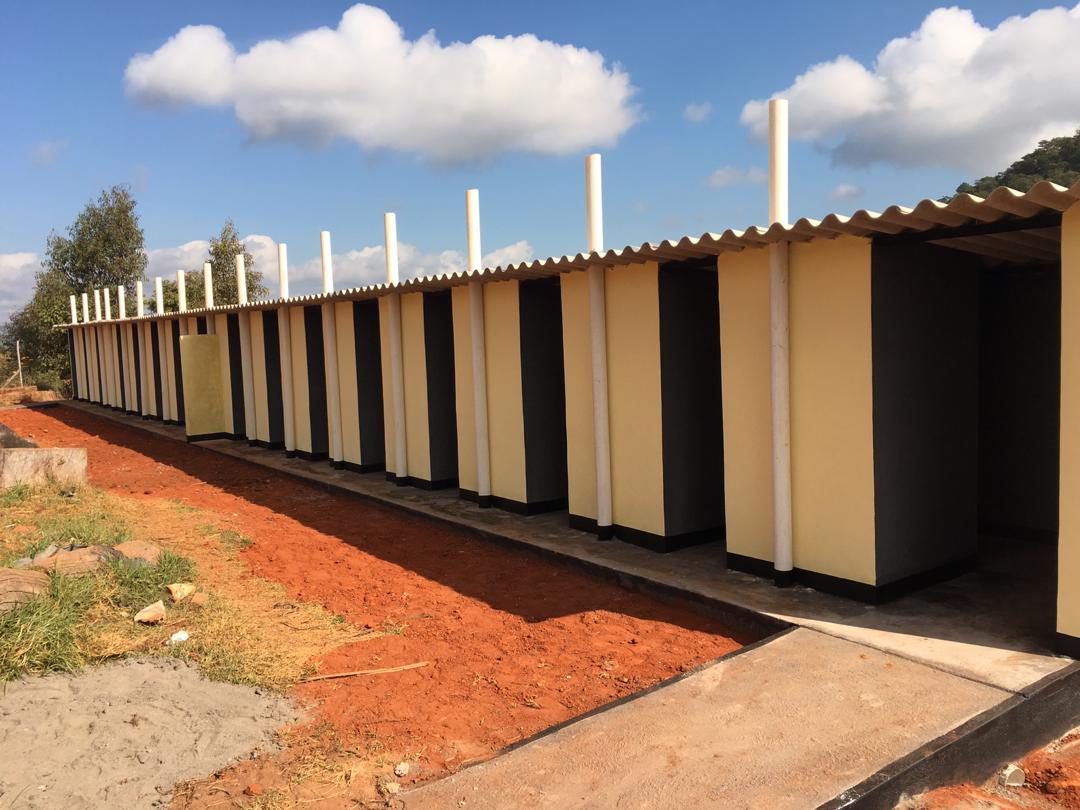
BY AMOS BATISAYI “I USED to miss school for two to three days every month since I started my menstrual journey,” says Mary Shoko (not her real name).
“My period would come unexpectedly while I was in class. I would stain my school uniform. The only option was for me to walk back home. Unfortunately, I would not return to school because of the long distance between the school and our homestead,” Mary said.
Mary had to bear the humiliation of jeers from classmates each time she stained her skirt when her period started unexpectedly.
Welthungerhilfe (WHH) water, sanitation and hygiene (WASH) field manager Tamuka Betserai said there was a large number of girl child school dropouts due to a lack of menstrual hygiene enabling facilities and management.
He did not rule out allegations of humiliation and stigmatisation of the girl child by other students especially boys when a uniform is stained following sudden menstruation.
WHH has since established a WASH programme in Mashonaland Central schools to help address challenges being faced by the girl child in the province.
“WHH has facilitated the construction of girl-friendly latrines in 11 schools with a total of 40 squat holes in Shamva district. Before the intervention no specific or private latrines were available for menstruating girls. Most girls were very shy or uncomfortable to be seen changing pads in the presence of others, this led to prolonged usage.
“For the first time in the history of selected schools, the project is constructing Blair latrines with mirrors that enable girls to check and tidy before leaving the toilets, pad rack shelves and screen doors with locks — lockable for privacy. When it’s locked it is an indication that someone is using the latrine, which also has a bucket with a tap for hand washing,” Betserai said.
- Chamisa under fire over US$120K donation
- Mavhunga puts DeMbare into Chibuku quarterfinals
- Pension funds bet on Cabora Bassa oilfields
- Councils defy govt fire tender directive
Keep Reading
“This programme has restored the dignity of girl students, because some of them were forced to dispose of their pads in embarrassing and unhygienic conditions. Girls’ toilets did not have privacy because they did not have locks,” he added.
For sustainability and effective utilisation and maintenance of girl-friendly latrines, WHH has trained two health co-ordinators at each school, one for each sex.
The female health co-ordinator is responsible for training girls on how to handle themselves during their monthly cycles as well as keeping and distributing sanitary pads.
A school head at one of the schools said the project had seen a reduction in “absenteeism” on the part of girls while school attendance has greatly improved.
Mary said since the construction of the girl-friendly toilets at the school she has never missed school.
“I have regained confidence because I can now use the girl-friendly toilets knowing that I am safe. I can change my pad, fix my hair and my face while looking in the mirror.”
Health and Child Care ministry environment health officer for Shamva district Evidence Mufambi said: “The provision of such girl-friendly latrines means that girls do not miss out on lessons during their monthly cycles as they will be having access to friendly facilities at school.”
WHH has also constructed two infant-friendly and one disability-friendly latrine in Shamva district.
Learners living with disability had challenges in accessing and using general latrines, which resulted in many dropping out of school as well as psychological stress among pupils with disability.
WHH has also drilled nine boreholes and rehabilitated two others to ease water challenges at the same schools where Blair latrines were constructed.
The organisation further constructed group handwashing stations at targeted schools to promote hand washing with soap among schoolchildren.
- Follow us on Twitter @NewsDayZimbabwe










